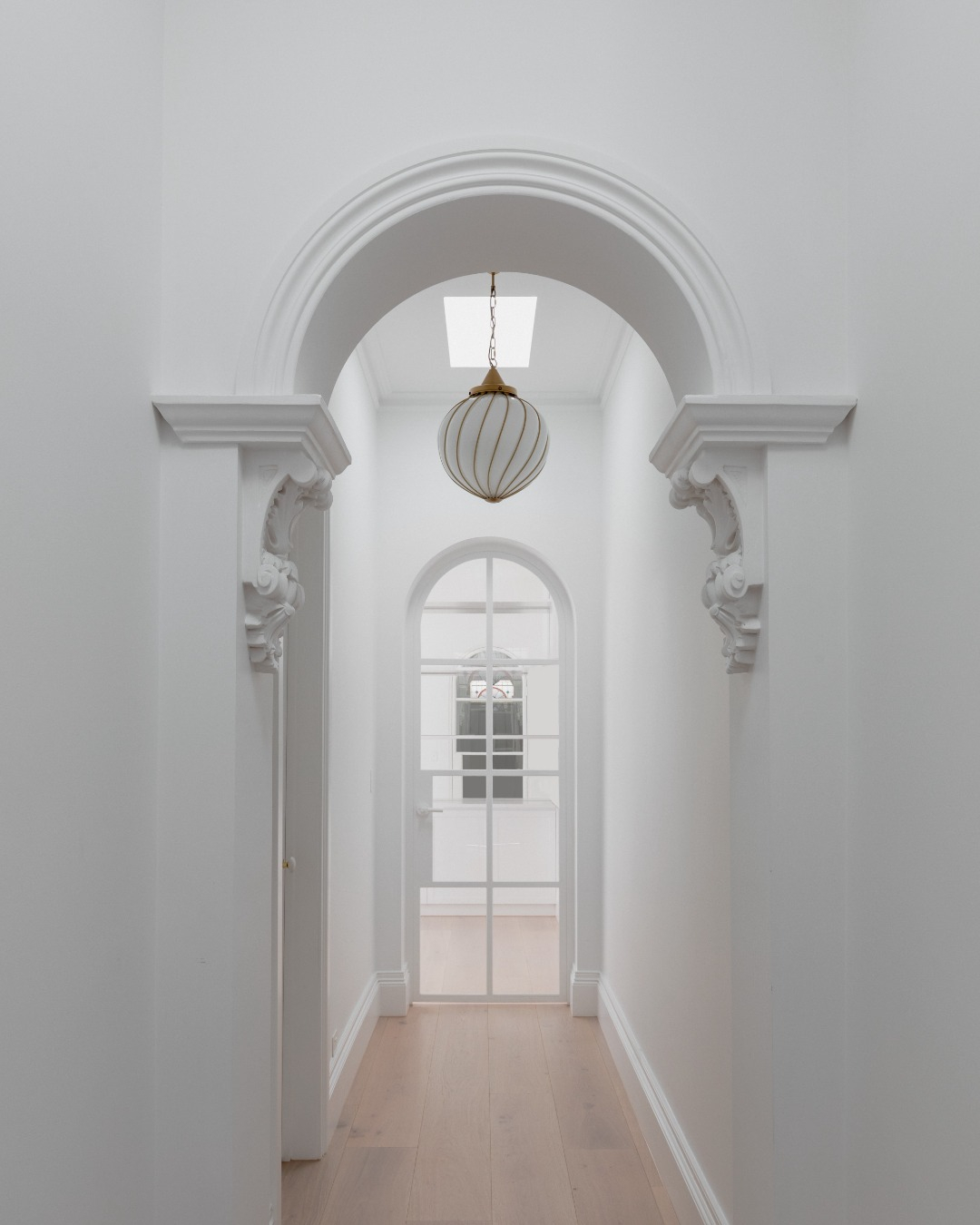What is practical completion in residential construction?
Practical completion in residential construction refers to the stage when the construction work is deemed to be substantially finished, allowing the property to be used as intended. It signifies that the building is complete, with only minor defects or outstanding works remaining.
However, it’s important to note that some contracts may require full payment, including payment of the final invoice, to be made two weeks prior to the handover, even if the client has moving trucks booked and plans made to move in.
What is considered to be a defect?
A defect refers to issues that deviate from the specified standards or requirements and affect the functionality, safety, or appearance of the building. This includes problems like structural issues, faulty plumbing or electrical work, inadequate insulation, or incorrect installation of fixtures.
Defects can also include missing or incorrect items. For example, if a specified oven is missing or a different brand is installed, it would be considered a defect. The same applies if bathroom fixtures like tapware or showerheads are missing or not as agreed upon in the specifications.
It’s important for homeowners to review their construction plans and contracts carefully to ensure all agreed-upon items are included and properly installed. If there are defects, homeowners should raise the issue with the builder or contractor to have them rectified.
Regarding payment, the client needs to pay the final invoice and any outstanding variations before the actual handover. It’s crucial for clients to be aware of such payment terms and ensure they are prepared to make the necessary payment within the specified timeframe, as outlined in their contract. Handover won’t take place unless full payment is made even if moving arrangements have been booked.

